How Long Do Solar Batteries Last?
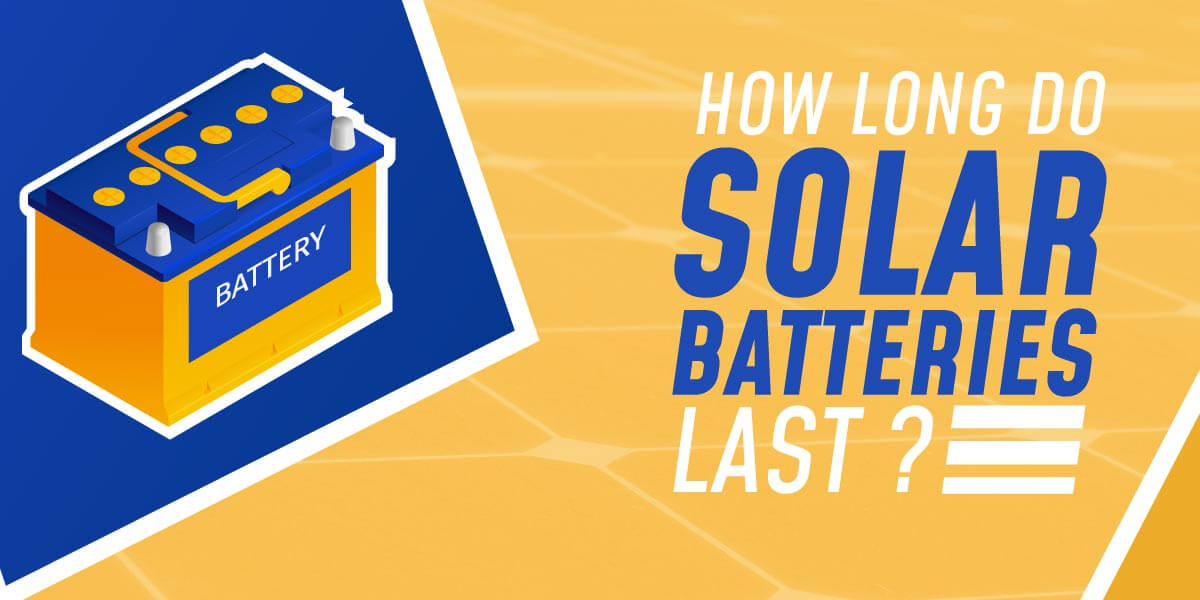
A solar battery is a storage device for energy generated by a solar PV system. The panels in the system gather solar energy and convert it to electricity, which is then sent to your home via the inverter. Since, most household equipment requires electricity in the form of AC, an inverter is needed to convert the electricity in AC from DC.
A battery is an essential component that stores energy generated by solar panels. Having solar batteries enable the user to use the power generated at a later time when the energy is required.
If you do not have an off-grid system, your solar PV system will be connected to the power grid; this allows your home to receive power even when your solar panels aren’t generating enough power to meet your household’s energy consumption.
You may become more energy independent by having battery storage. Batteries let you get the most out of your solar panels by minimizing the amount of electricity you need to buy from the grid. These batteries play an essential part in the working of solar panels.
But the question arises: how long will these batteries last? This review will discuss the same and the factors that affect solar batteries.
How Long Do Solar Batteries Last?
A battery’s lifespan ranges from five to fifteen years, though it is predicted to rise dramatically overtime to keep up with the development of solar panels.
You must replace the batteries when they are at the end of their lifespan. This will enable you to store more energy and, crucially, not waste the energy generated by the solar panels.
Factors Affecting the Life of Solar Batteries
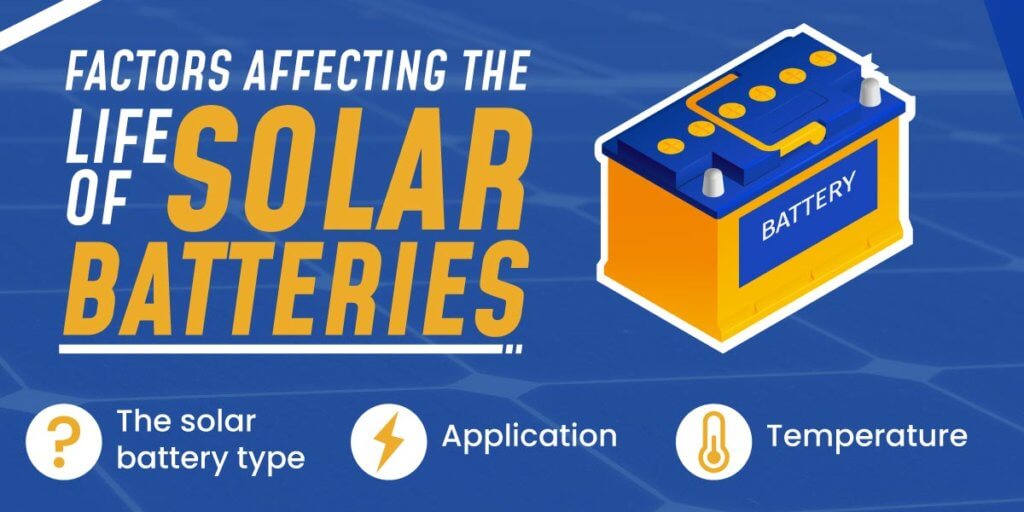
Just like there are factors affecting lifespan of solar panels, various factors affect the life of solar batteries as well. We have explained the details of all the factors affecting the life of solar batteries in this section.
1. The Solar Battery Type
There are three types of batteries that are commonly installed that can be installed in various appliances, such as solar lights (Solar Lights with High mAh batteries). The three types of solar batteries are:
A. Lithium-Ion

Lithium-ion batteries are the most trustworthy in terms of lifespan and DoD for your home battery. This technology is used in most new home battery storage systems since it has a longer lifespan and a higher DoD.
Lithium-ion batteries are also more compact than lead-acid batteries, but they are more expensive. The SonnenBatterie and Tesla Powerwall are two examples of lithium-ion batteries.
B. Lead-acid
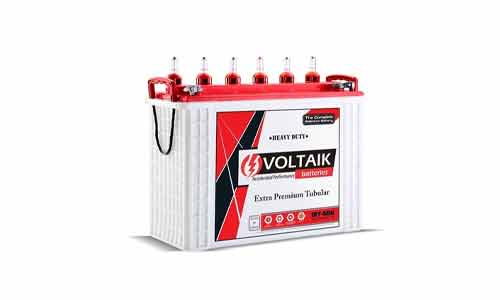
Lead-acid batteries have been used in residential energy storage for off-grid power systems for decades and are one of the most affordable options. The disadvantage of purchasing this technology is that it rapidly becomes obsolete and has a lower DoD than other battery types.
C. Saltwater batteries
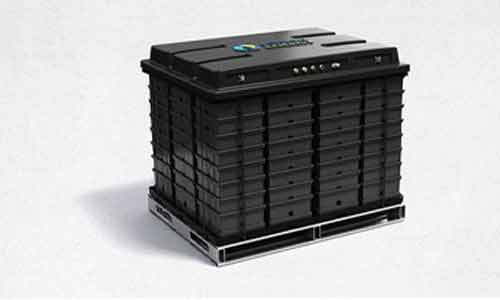
The third choice, saltwater batteries, is a newcomer to the market. They store and discharge energy using salt rather than corrosive elements, making them exceedingly safe and easy to recycle.
Saltwater batteries will most certainly outlast lead-acid batteries, although not as long as lithium-ion batteries. They also have high DoD rates, which are comparable to lithium-ion batteries.
2. Application
A solar battery’s life expectancy is mostly governed by its usage cycles. Fortunately, most solar batteries are deep-cycle batteries, which may discharge up to 80% of their stored energy before recharging. Some battery banks must be physically drained before recharging.
3. Temperature
The atmosphere and temperature of a battery significantly impact its performance. Working a battery at higher temperatures will naturally reduce its life expectancy; however, operating at lower temperatures may cause problems for some systems, particularly lead-acid storage solutions.
A qualified battery storage installation can help you determine the optimal location for your battery to minimize temperature effects.
Signs Indicating that Your Solar Battery Needs to be Replaced
While reaching the useful and warrantied life of a solar battery is usually a good indicator that it needs to be replaced, there are a few other signs. These are some of the warning signs:
- Battery capacity is being depleted to the point where it can no longer meet your energy requirement
- Self-discharge (i.e., energy leakage) rates are higher, and cycle lifetimes are lower.
- Failure of the battery or a system issue
If you run into any of the concerns listed above, it’s probably time to say goodbye and replace old solar batteries.
Can You Make Solar Batteries Last Longer?
Yes, we can make solar batteries last longer by following the following steps:
1. Regulate The Number of Batteries
Reduce the number of batteries used at the bank if possible. The use of multiple batteries may increase resistance and connectivity, resulting in unequal charging. As a result, keep your battery panel to four or fewer batteries.
2. Enhance Equalization
The overcharging of your solar batteries in a controlled manner is called battery equalization. Plate sulfation is caused by unequal charging. So the batteries should be charged adequately.
3. Ensure That Solar Batteries Are Not Left Uncharged for an Extended Period
If solar batteries are stored for an extended period, they are prone to being destroyed. To allow the battery to charge continually and support a continuous solar light, ensure your charging source is always turned on.
4. Use of Appropriate Batteries
Batteries that are the right size for the job will last a long time. Lithium batteries are gaining popularity because they have a long lifespan and are safer and more environmentally friendly. To ensure that your battery lasts longer, make sure it has a voltage rating of 12.8V or 25.6V.
Conclusion
When a solar battery fails to meet its designated percentage of storage capacity, such as 60%, it has reached the end of its usable life. Although the battery will continue to decline and may be able to function at lower percentages, it is considered to have reached the end of its usable life.
The lifespan of your solar battery can also be influenced by proper maintenance. Because temperature has a large impact on solar batteries, protecting your battery from freezing or scorching conditions can help it last longer.
When a PV battery’s temperature dips below 30 ° F, it requires a higher voltage to reach its maximum charge; when that same battery’s temperature climbs above 90 ° F, it becomes overheated and requires a charge decrease.

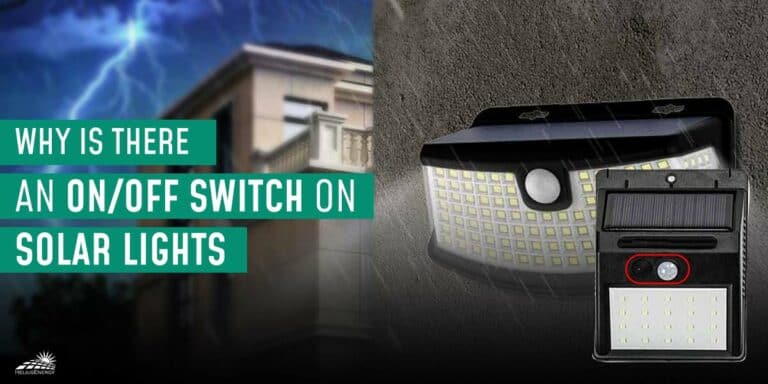


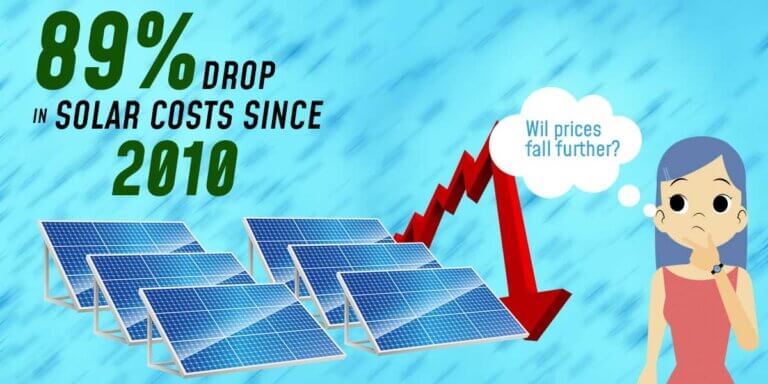

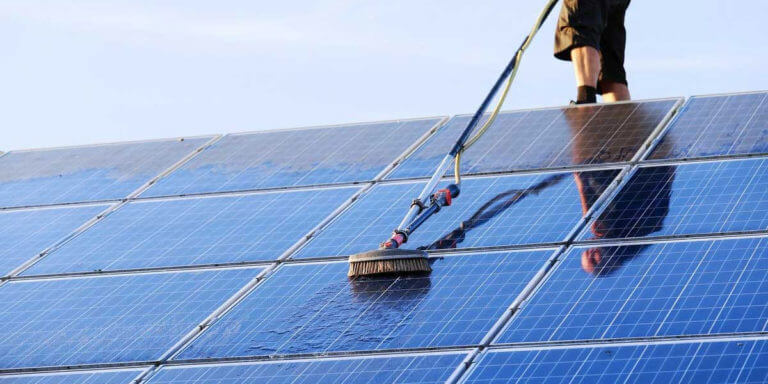
Solar batteries have become popular in recent years as they are less expensive and more efficient than their conventional counterparts. They can also be reused, making them an excellent option for the environment. The solar batteries that we use today are not designed to last for a long time and will need to be replaced every few years. Thank you for showing up the detailed view.
Warren, you have written a detailed article on solar batteries. I appreciate the tips on how to make solar batteries last longer.
I agree that regulating the number of batteries, enhancing equalization, and ensuring that solar batteries are not left uncharged for an extended period will help extend the battery’s lifespan.
I think that using appropriate batteries is also important.
Lithium batteries seem to be a good choice because they have a long lifespan and are more environmentally friendly.